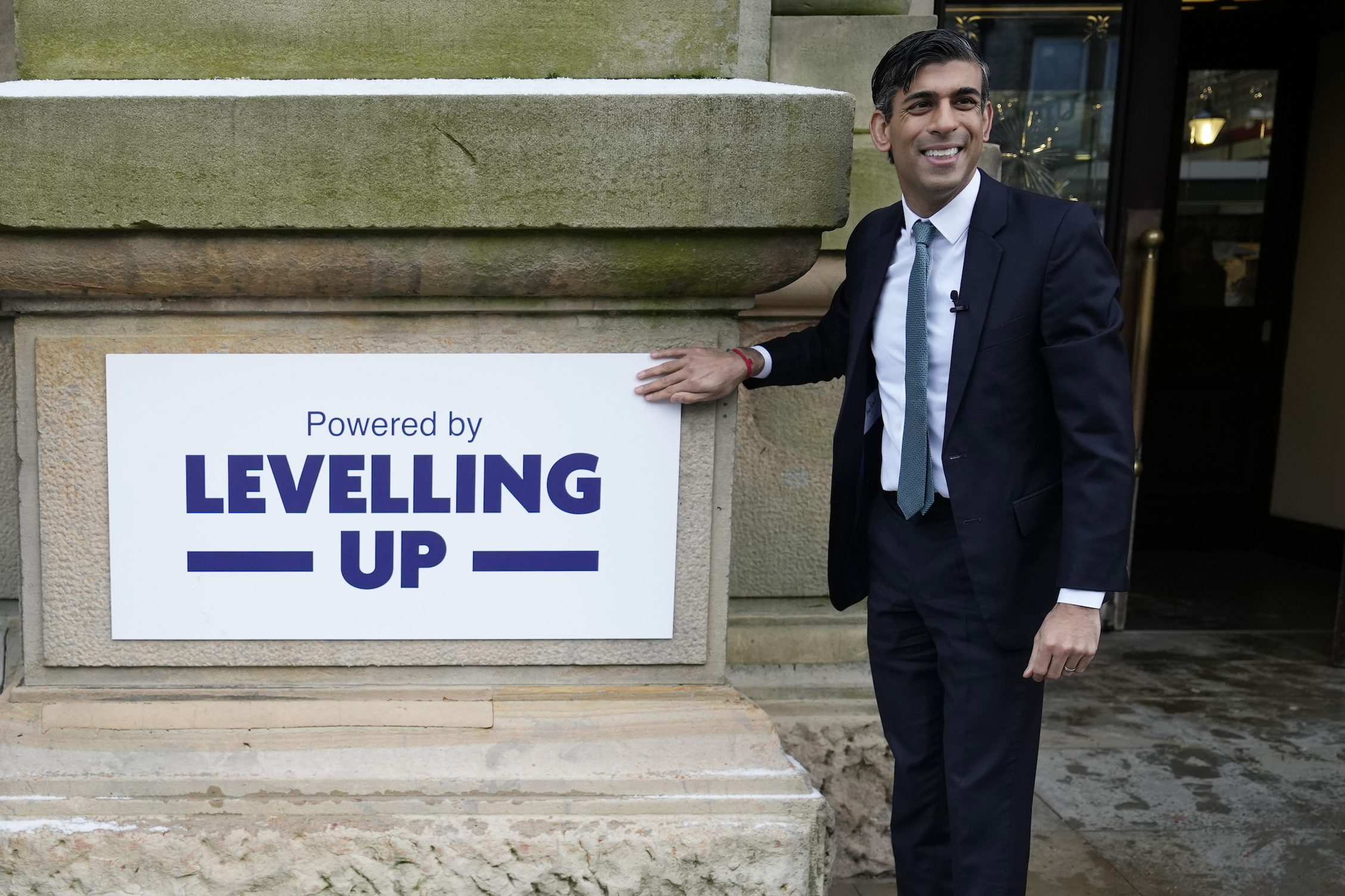What is Research and Development?
Research and Development, or ‘R&D’, is an activity that companies undertake to develop new business knowledge and products.
The research stage of ‘R&D’ involves extensive experimentation and innovation and a company hence takes on risk. This risk is justified by the possibility of producing a profitable, new or refined product, process or service. Costs are often high for R&D, but by innovating a business stays competitive and can keep up with, or even influence, consumer behaviour.
The development stage involves taking the ideas formulated through research and turning them into new products. This often involves drawing up designs, prototyping, testing and refinement.
- In May 2021, the Queen’s Speech contained details of the government’s new Advanced Research and Invention Agency Bill. This involves the creation of a new UK government agency to search for ground-breaking scientific discoveries.

Focus of R&D
Types
The term ‘R&D’ covers three activities basic research, applied research and experimental development.


Basic research is all about acquiring knowledge and using it to build understanding and intelligence.
Applied research is all about achieving a specific objective. This could be utilising new technologies, reaching a new market, improving safety or cutting costs.
Experimental development draws on existing knowledge gained from research/practical experience, which is directed to producing new materials, products or devices, in order to create or improve processes, systems and services.
Sectors
R&D occurs across a range of sectors and industries and in companies of all sizes. R&D is a staple of the pharmaceuticals, life sciences, automotive, software and technology industries, but it also plays a significant role across manufacturing industry.
R&D in Business
Businesses approach R&D in different ways. A business’ ‘R&D’ strategy will depend on its size, organisational structure and funding.
Some businesses are not able to do R&D in house, so will outsource their R&D, relying on others to drive innovation. This can be the case for businesses of all sizes – not just small for medium-sized companies.
Some businesses will have a small team responsible for R&D or just pick up R&D activities across various teams and individuals on a more ad hoc basis.
Other businesses will have a dedicated, full-time R&D department. The role of an R&D department is to provide insights into the market and to develop or refine products and services accordingly. This is done to keep up with market trends or to drive market innovation. Rapid changes in consumer behaviour and emerging new technologies means there is always a reason to innovate.
R&D departments will constantly evaluate existing products, services and processes. If a product, service or process is no longer profitable or adding value in a market, then the department might recommend further research.
Benefits to the economy
The benefits of Research & Development extend into entire sectors as well as positively impacting the wider local, national and, even, international economy. R&D and economic growth often go hand in hand and some R&D incentives feature prominently in a government’s plans to grow its economy.
R&D can improve economic growth, productivity and, in turn, a country’s competitive advantage on the global stage. A country with a strong reputation for R&D, like the UK, will attract Foreign Direct Investment from firms all over the world.
R&D tax credits
Launched by the UK government in 2000, R&D tax reliefs provide financial support for companies that work on innovative projects in science and technology.
In order to judge who can and cannot claim R&D tax credits, the government has set out a specific definition of R&D:
“R&D for tax purposes takes place when a project seeks to achieve an advance in science or technology. The activities that directly contribute to achieving this advance in science or technology through the resolution of scientific or technological uncertainty are R&D.”
Companies can claim Corporation Tax relief if they plan to make advances in science or technology.
To get R&D relief for a project, a company needs to explain how it:
• looked for an advance in science and technology
• had to overcome uncertainty
• tried to overcome this uncertainty
• could not be easily worked out by a professional in the field
Furthermore, the project must aim to create an advance in the overall field, not just for the specific business concerned.
Prior to 2012, companies needed to have spent at least £10,000 on relevant R&D activities in order to claim R&D Tax Credits, but this no longer applies. R&D Tax Credit applications can be made even for the smallest amounts and therefore can be used by both large and small companies.
In his October 2021 budget, Chancellor Rishi Sunak announced that UK government science funding would rise to £5.9bn a year by 2024.
Statistics
In the UK in 2018, total expenditure on R&D was £37.1 billion, £558 per head, or the equivalent of 1.7% of GDP. The Government has a target for total R&D investment to reach 2.4% of GDP by 2027.
R&D investment has risen steadily over the past few decades, from £20.0 billion in 1986 to the current total of £37.1 billion (in 2018 prices).
In 2018, R&D performed in the South East of England was worth £7.0 billion, 19% of the total.
R&D performed in the South East, the East of England and London accounted for 53% of all UK R&D. Per head, R&D expenditure in the East of England is the highest: £1,064 per head. The figure for the whole UK was £558 per head. In Wales, R&D expenditure is £250 per head.
In 2019, the pharmaceutical industry performed the most R&D in the UK – worth £4.8 billion. The automotive manufacturing industry performed the second most R&D, worth £3.4 billion.
In 2018, the pharmaceuticals sector employed the most people in R&D related roles: 29,000.
[Source – ONS]
Quotes
‘The COVID-19 pandemic has shown all of us the vital importance of science and innovation. British researchers are at the forefront of global efforts to find a vaccine and are working hard to map out the impact of the pandemic on our lives and livelihoods. Organisations of all shapes and sizes have worked tirelessly to respond to the crisis in innovative new ways’. – Alok Sharma, as Business Secretary, UK Research and Development Roadmap, 2020


























